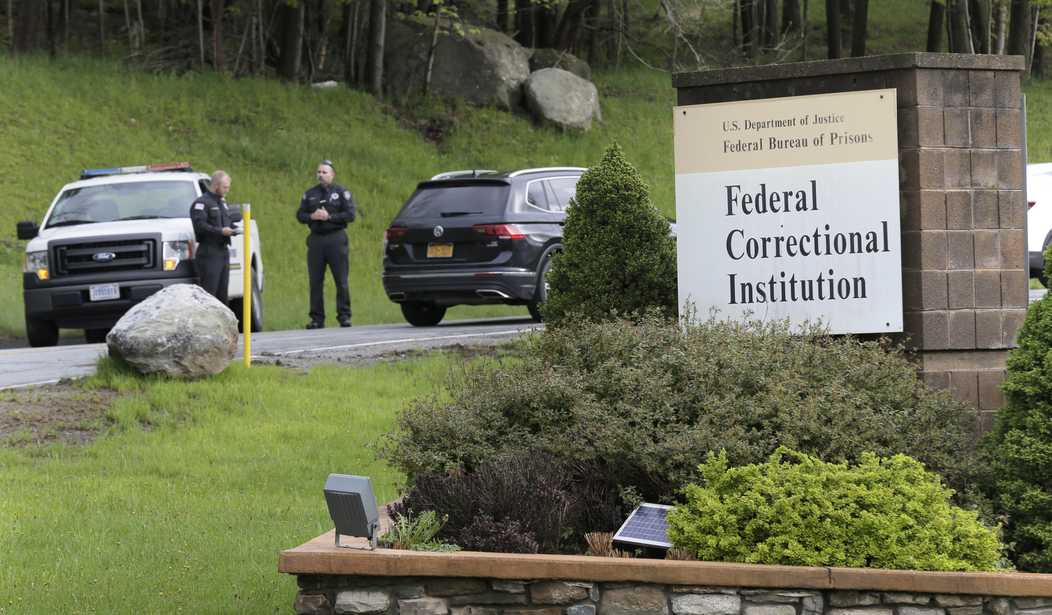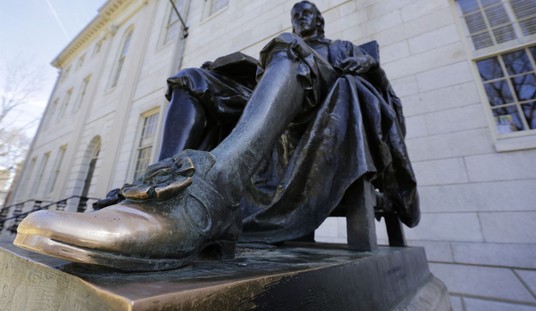A new report analyzing the impact of the First Step Act (FSA) has revealed some encouraging numbers when it comes to rehabilitating federal prisoners. After several prominent Republicans criticized the criminal justice reform legislation, the data shows that the measure is a positive step in the right direction. If the success of this program continues, it could open the door for more critical reforms to America's system and go a long way toward achieving actual justice.
The Council on Criminal Justice (CCJ) released a report earlier in August highlighting the decreased recidivism rates among federal prisoners released under the FSA. To conduct the study, the organization looked at data provided by the Bureau of Prisons (BOP) regarding inmates who had been released before and after the legislation took effect:
The BOP defines recidivism as any rearrest or return to federal prison for a new crime or technical violation of supervision, regardless of the outcome of that arrest (whether a person is charged or convicted). According to BOP's published data, the recidivism rate for all people released under the FSA is 12.4%.2 While that is considerably lower than the 46.2% recidivism rate3 for all people released from BOP facilities in 2018, people released under the FSA differ in important ways from all persons released from federal prisons, including their assessed risk level and the length of time they have been out of prison. To account for these differences, this analysis estimates recidivism among people released prior to the implementation of the FSA who are similar to people released under the FSA in two key ways: (1) they had a similar risk assessment classification according to BOP’s current risk assessment tool, and (2) they had been released to the community for a similar amount of time.
The analysis shows that people released prior to the FSA who were at similar risk of reoffending and had similar amounts of time in the community had an estimated recidivism rate of 19.8%. This means the recidivism rate for people released under the FSA is roughly 37% lower than similarly situated people released prior to the FSA.4 The analysis also found lower rates of recidivism among people released under the FSA within all risk levels as assessed by BOP's risk assessment tool.
Researchers acknowledged that there could be other factors that also contributed to the drop in recidivism rates, but even after accounting for these differences, the FSA group's rate was still 37 percent lower. Even further, the report also noted that prisoners released under the FSA accounted for only .02 percent of all arrests between 2020 and 2022. This means that the program appears to be fulfilling its intended purpose.
If this trend continues, the implications for American society could be extraordinary. The result will be safer communities due to the focus on rehabilitation instead of mere punishment. It also means far fewer taxpayer dollars being spent on housing inmates.
It is also worth noting that more than half (54 percent) of those released under the program completed at least one evidence-based recidivism reduction program. These include methods that have a proven track record of decreasing the likelihood that one will return to prison after being released.
The author of the report acknowledged that more comprehensive data will be needed to assess the full impact of the FSA. But these results are still a positive sign.
The data shows that pouring resources into rehabilitating inmates is far better for society and a much better use of taxpayer funds. Some on the right have criticized the FSA as a "jailbreak" law that releases violent felons who will inevitably go on to victimize more people. But this latest study shows that assessment is about as far from accurate as Marianne Williamson is from ever becoming president.
The FSA is not a "woke" version of criminal justice reform. It is a better, more responsible way to give second chances to those who might otherwise wind up back behind bars. This is something that anyone of any political stripe can celebrate.














Join the conversation as a VIP Member